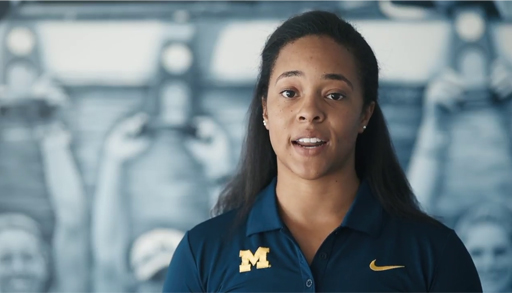3 Social support in sport injury rehabilitation
Social support can be defined as ‘an exchange of resources between two individuals perceived by the provider or the recipient to be intended to enhance the well-being of the recipient’ (Corbillon et al., 2008, p. 94). Social support can be provided by different people around the injured athlete such as the coach, team mates, physiotherapist, sports therapist, friends or family.
At first glance, social support may not seem like a psychological technique, but its potential impact on an injured athlete is extremely powerful. It can mediate some of the psychological stresses of being injured. Being able to talk to someone about how being injured is making you feel is an important therapy for an athlete or exercise participant. If you have regular and close contact with an injured person you can be a key source of social support. Simply by talking and listening to the injured person you can make them feel better and more positive.
When talking to an injured athlete, ask them about the emotional and psychological aspects of their injury as well as the standard physical aspects. This will help the athlete to come to terms with their feelings. Using effective counselling skills such as active listening in your interactions with injured athletes may help improve your social support skills. Active listening can be thought of as listening with a purpose in a way that makes the speaker feel listened to. Other counselling skills that may improve interactions with injured athletes and exercise participants include being empathetic, non-judgemental and genuine (a ‘person-centred approach’). These are summarised in Figure 3.
You can also help to encourage social support from sources other than yourself. Some of the negative consequences of injury such as loss of identity and loneliness occur because contact is lost with team mates and coaches when an athlete is injured.
In Section 6 you saw that Lois was experiencing these feelings. Her support team addressed this by scheduling her rehabilitation sessions alongside team training sessions to encourage her to maintain contact and social support from her coach and team mates.
Lois’s story has parallels with the athlete in the video below, Arielle Sanders (rower), who initially felt very isolated following injury. She then received social support from a support group (Athletes Connected) and through remaining involved with her team mates when she could no longer compete.

Transcript: Video 3
You’ve seen that social support is important, but what does good social support look like? You’ll explore this next.
